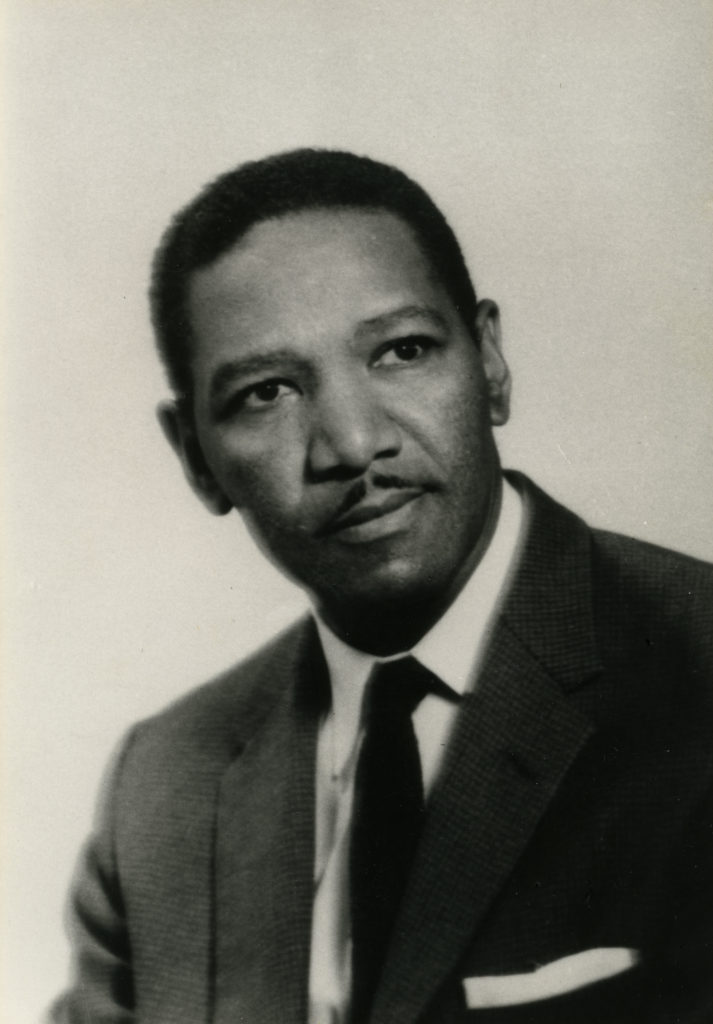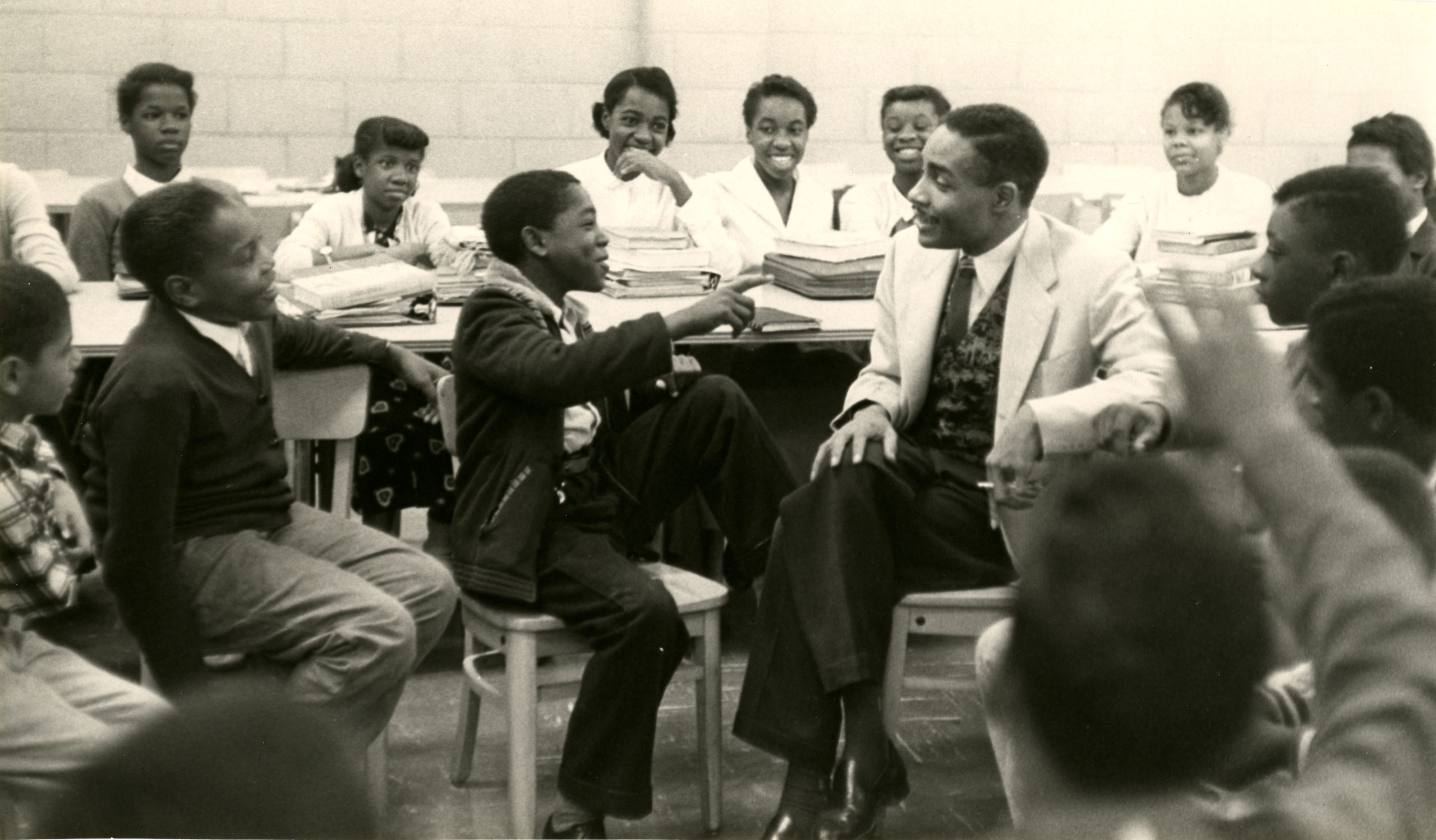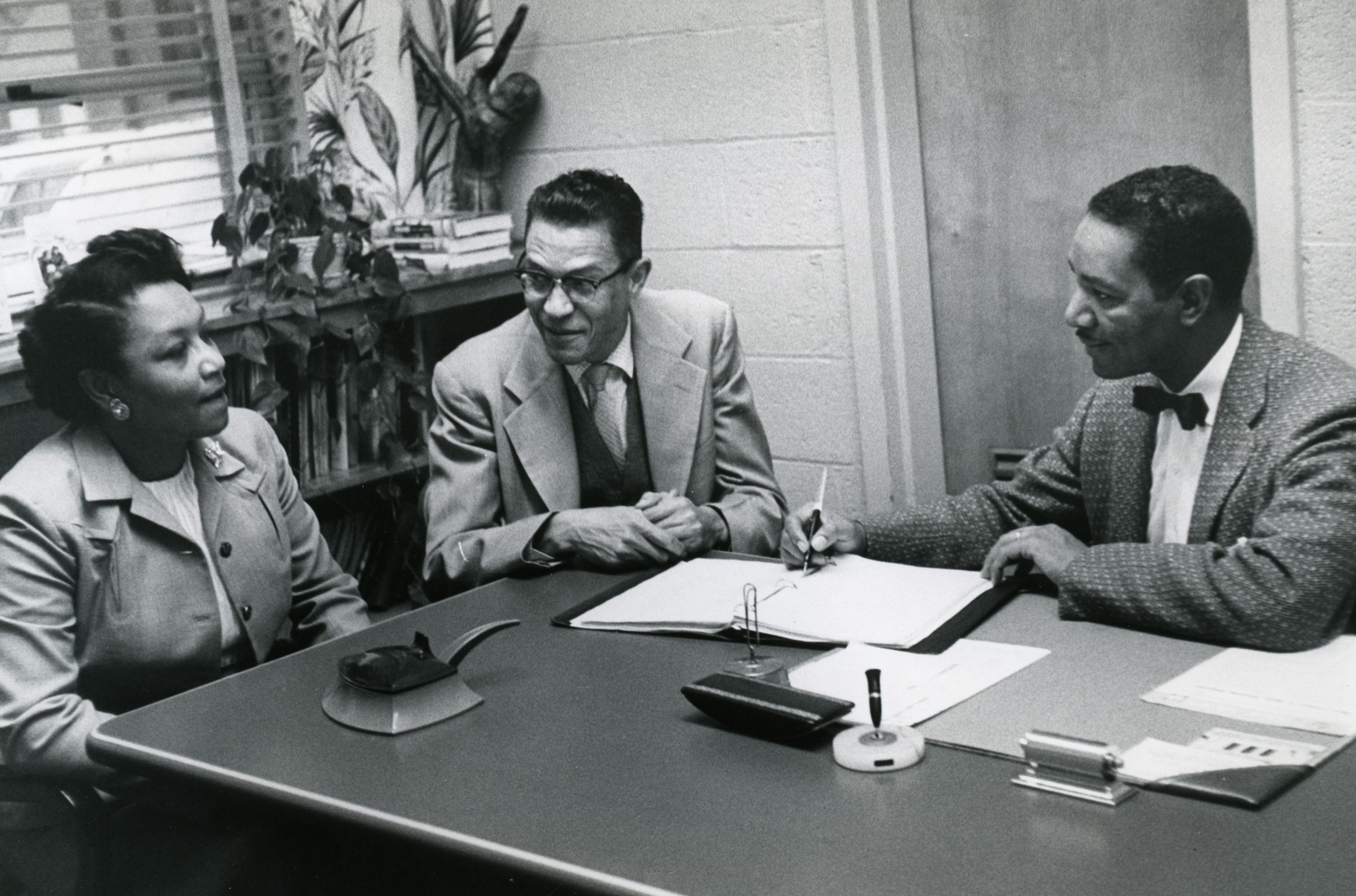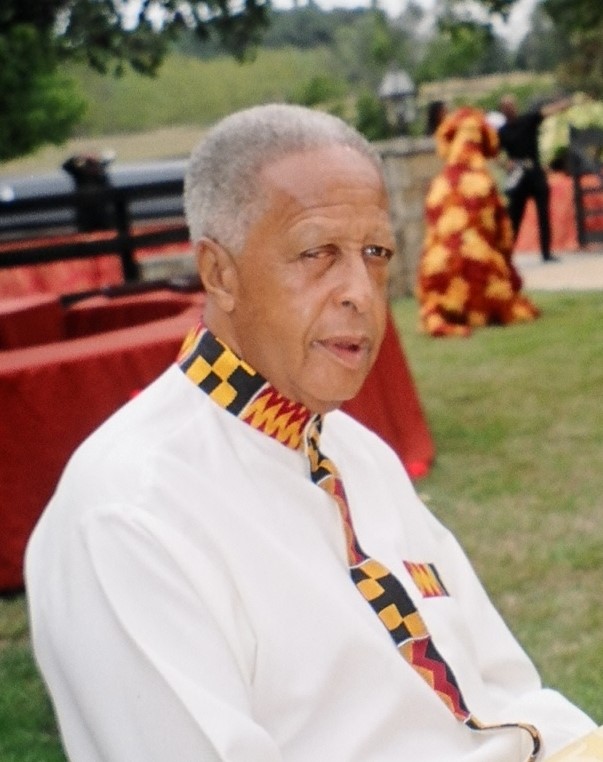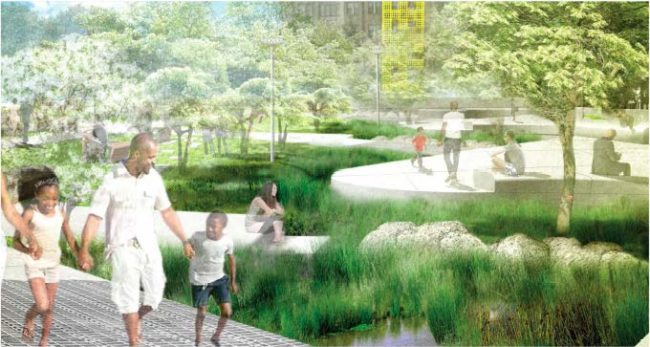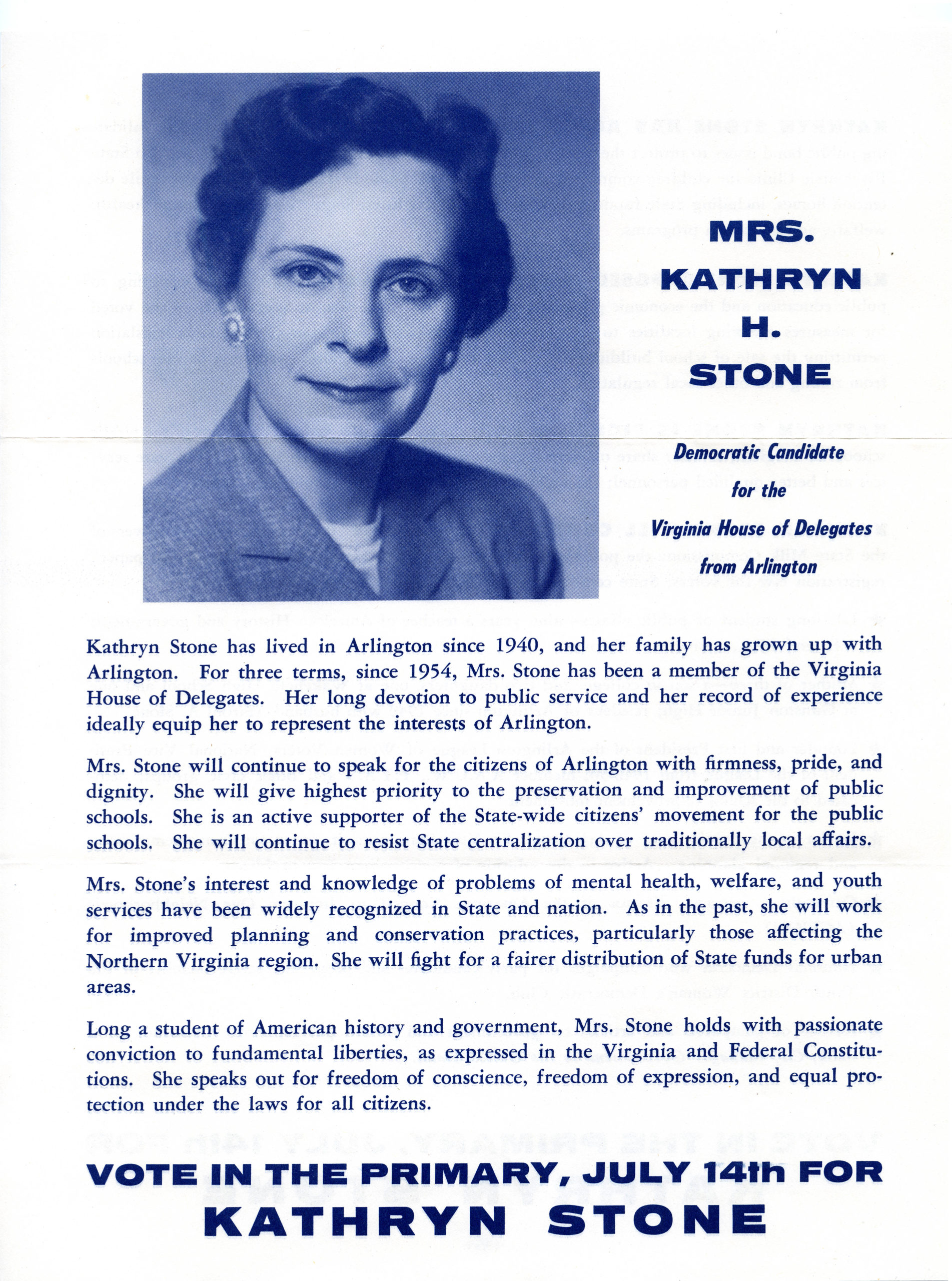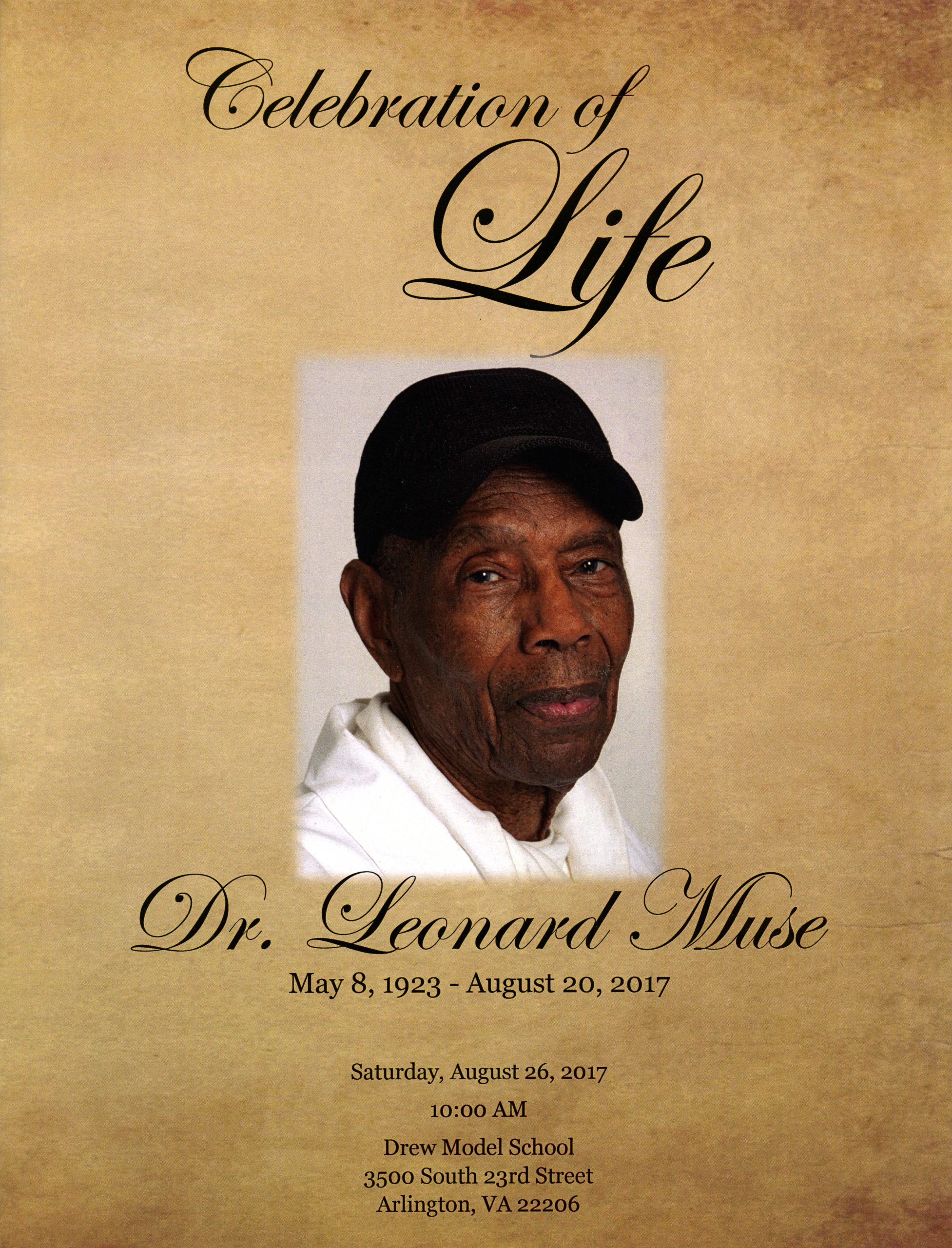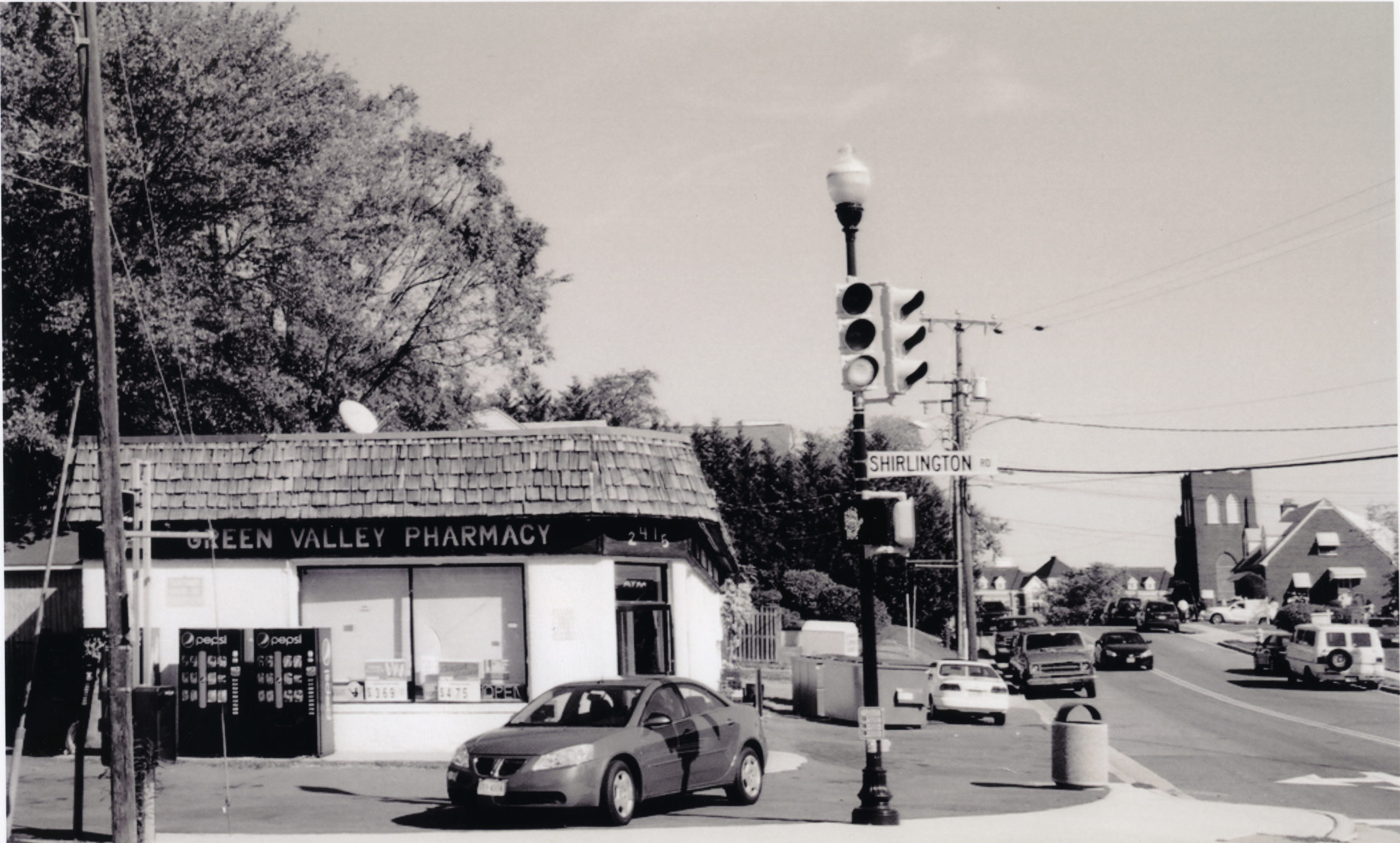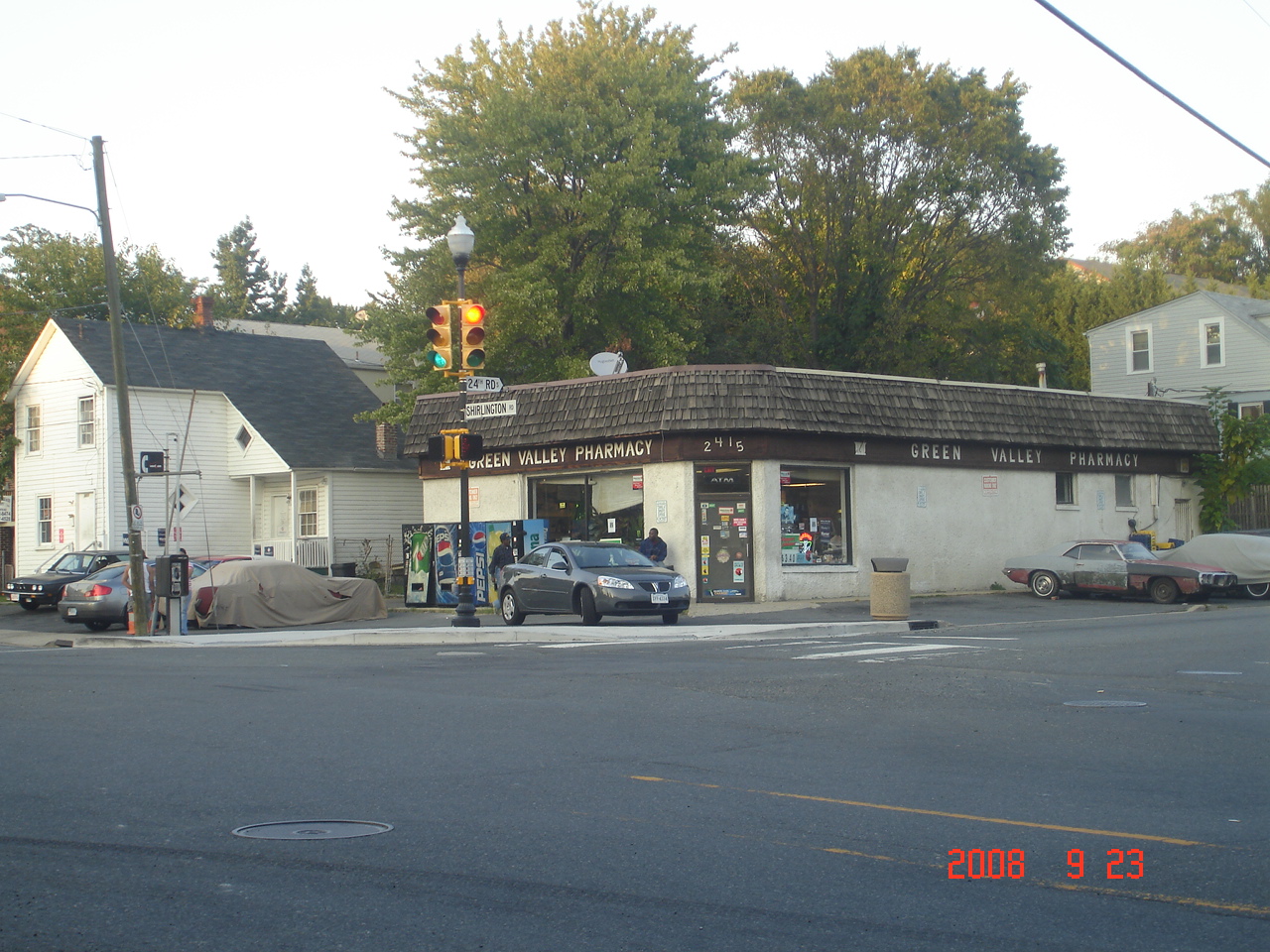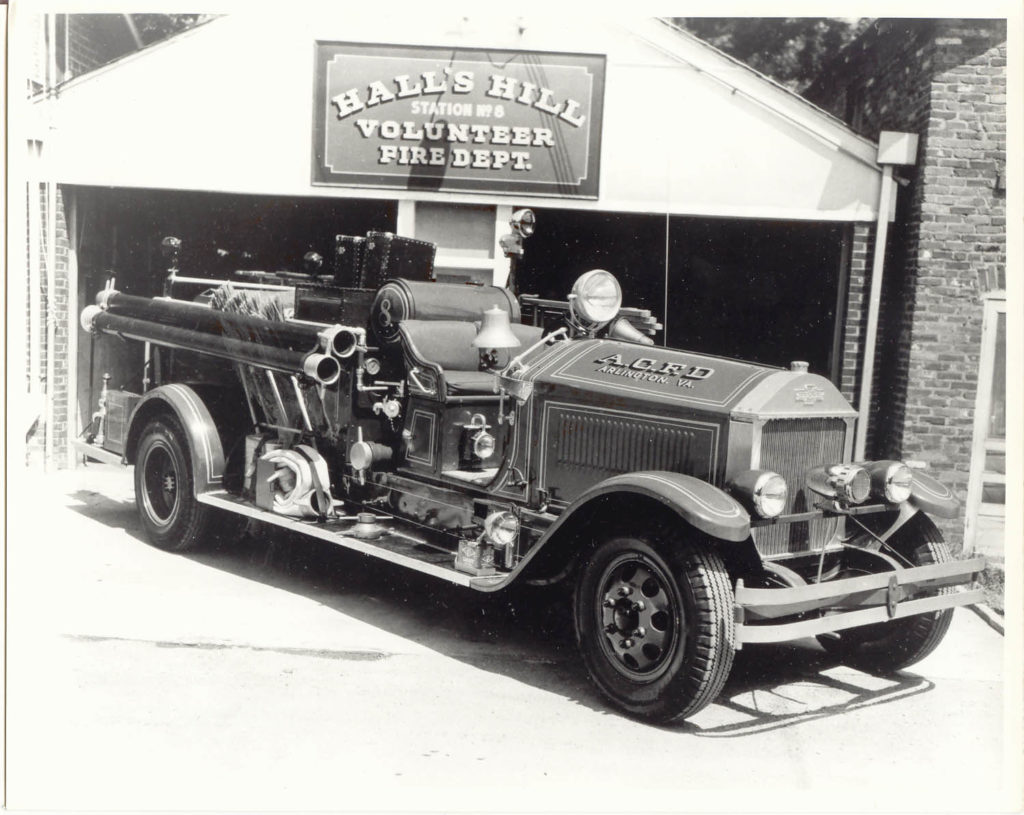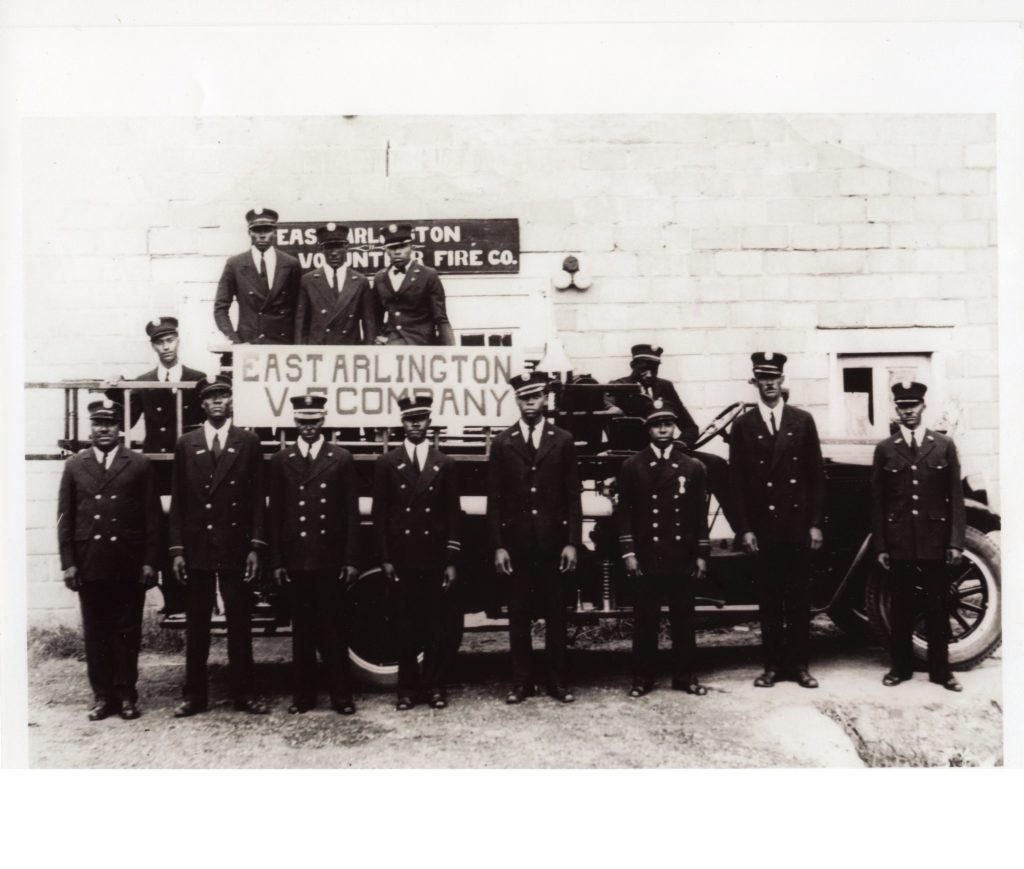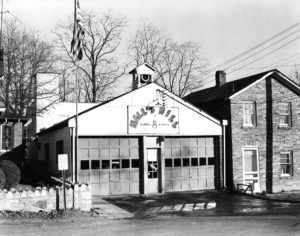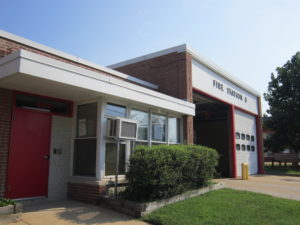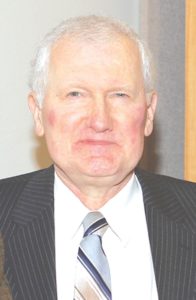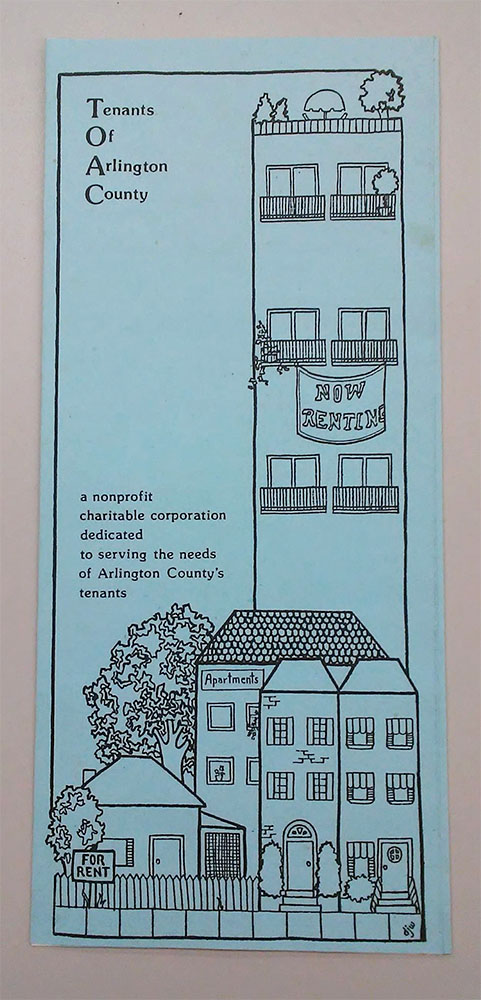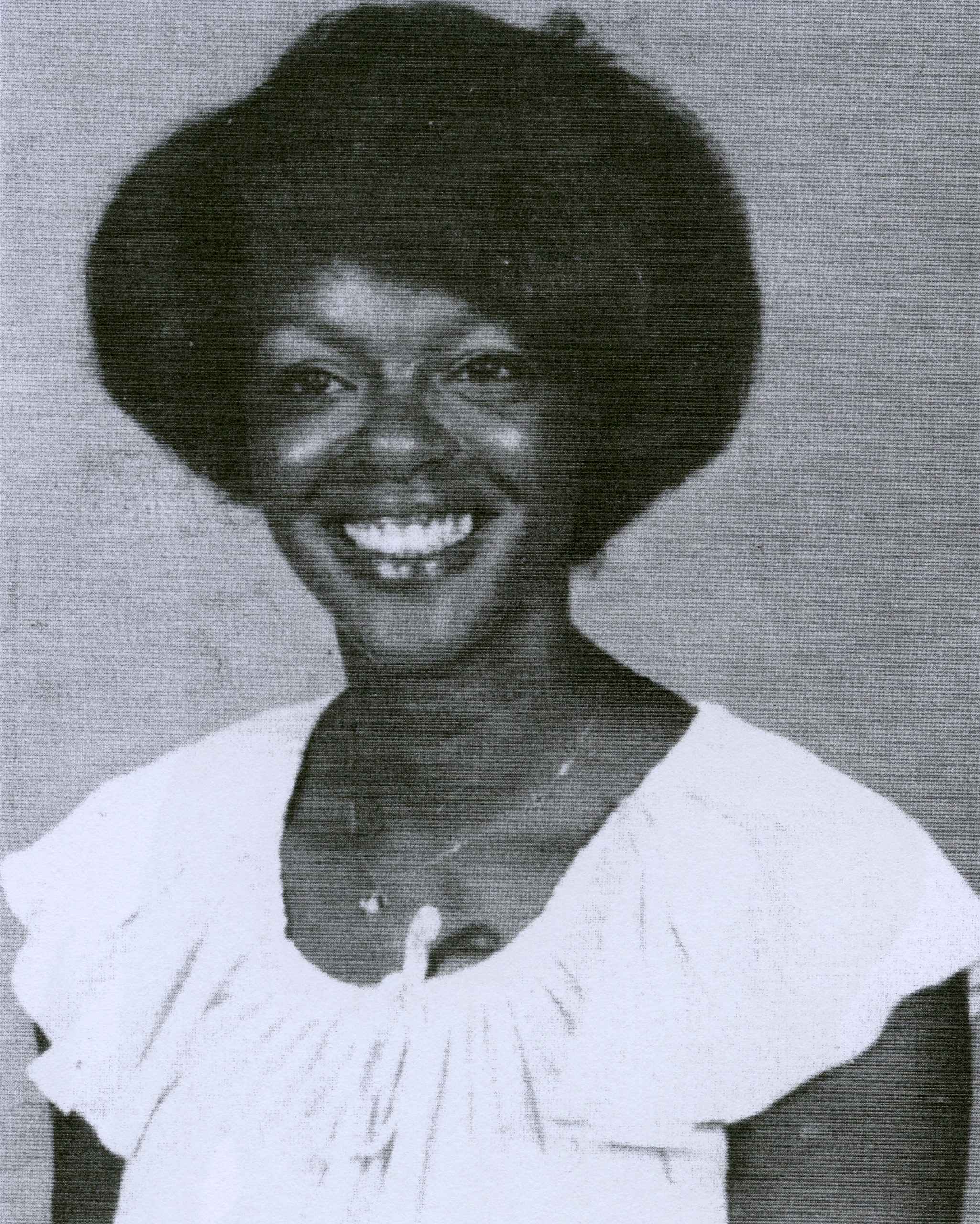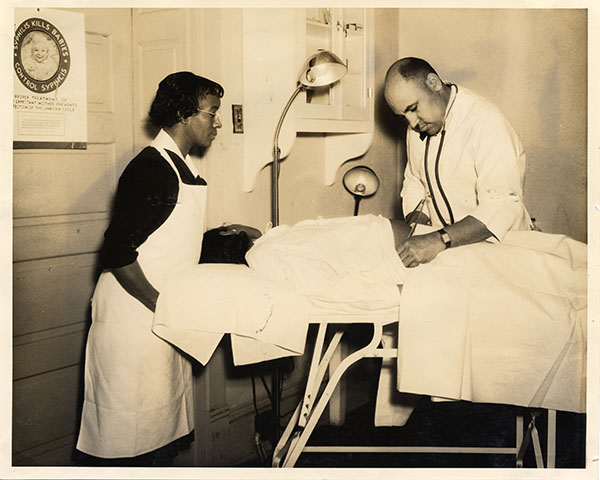
Join us for a new series of stories from the Center for Local History highlighting members of our community who made a difference in ways that helped shape our history and created positive change.
Their voices were not always loud, but what they said or did had a significant impact on our community.
George Melvin Richardson
George Melvin Richardson (1913-2015) was an African-American educator, school principal, WW II U.S. Army officer, and civic leader. Born in Oklahoma, Richardson graduated from Langston University, Oklahoma’s only historically Black college, and then attended Columbia University in New York where he obtained a master’s degree.
A subsequent series of positions in education and public schools in Oklahoma helped lay the groundwork for what was to become a lifetime of educating and mentoring students in his community. After being drafted during WW II, Richardson was stationed in Italy, where he was an Army lieutenant and captain.
Upon returning to the U.S., Richardson and his wife moved to Arlington County where he served as principal of the all-Black Hoffman-Boston High School from 1951 until its closure in 1964. Noticing that Hoffman-Boston lacked many of the facilities and resources of other Arlington County schools, Richardson worked tirelessly to improve and expand the school. In an oral history conducted by staff of the Center for Local History, Richardson said that Hoffman-Boston “wasn’t equipped as well as other schools. Our science department wasn’t equipped as well...We didn’t have an auditorium – the building was not adequate.” His air of quiet authority and steely determination deeply impacted both colleagues and students.
“Hoffman-Boston School,” Richardson said, “There’s a golf course there. The kids will leave their lunch period and won’t come back…They’d go there (and caddy) and get little sandwiches and so forth… I said “You’re here for school. And you’re here for this number of hours.”… I went to the golf course and I told them that I didn’t want them to employ these kids…they belong in school and not at a golf course. So they stopped that.”
George Richardson talking with several younger Hoffman-Boston students.
Richardson was also a pivotal figure in helping to create the Arlington View Neighborhood Conservation Plan (one of the first in the county) and was a member of the executive board of the Arlington Committee of 100. After Hoffman-Boston closed in 1964, Richardson became an assistant principal at Wakefield H.S. and served as an educator in Montgomery County, MD. before retiring to Oklahoma.
Richardson received the Charles P. Monroe Civil Rights Award from the Arlington branch of the NAACP, was inducted into the Wakefield High School Hall of Fame, and received the Outstanding Community Service Award from the Greater Washington Urban League.
George Richardson, right, with the Assistant Principal and councilor at Hoffman-Boston, seated at a table.
Do you have a question about this story, or a personal experience to share?
Use this form to send a message to the Center for Local History.
Center For Local History - Blog Post Message Form
Do you have a question about this story, or a personal experience to share? Use this form to send a message to the Center for Local History.
"*" indicates required fields
